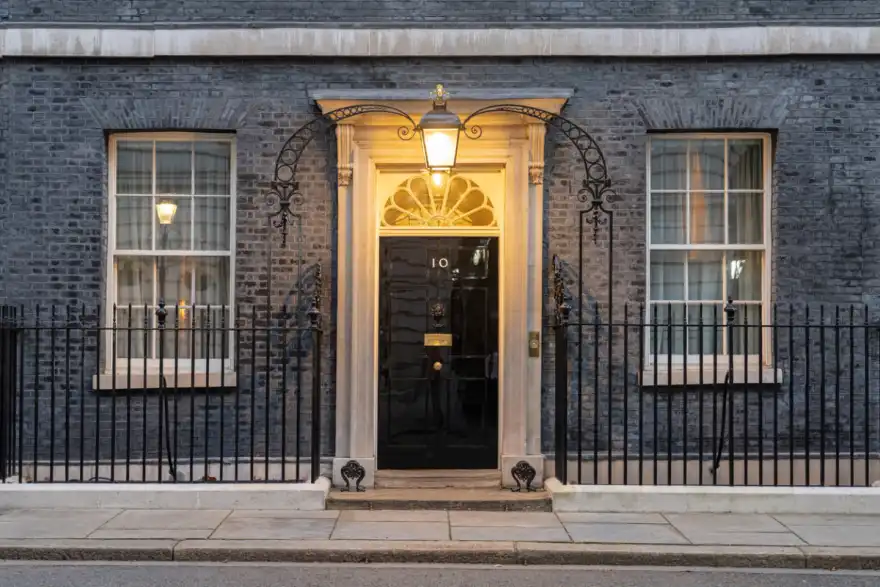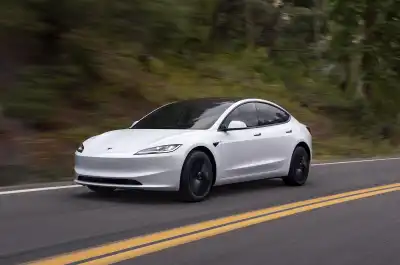
On March 26, Chancellor Rachel Reeves will reveal the government’s latest economic plans in the Spring Statement, often referred to as a mini-budget. She has promised to bring more stability and certainty to families and businesses, but what does that mean for drivers? Here is what could be announced.
Changes to Car Tax
Car tax rules are changing from April following updates introduced in last year’s Autumn Budget. One of the key adjustments is a shift in Vehicle Excise Duty (VED) to create greater distinctions between electric, hybrid, and petrol or diesel vehicles.
For the first time, electric vehicle owners will be required to pay VED, starting at £10 in the first year. Hybrid and low-emission vehicles producing between one and 50 grams of CO2 per kilometre will see their first-year tax increase to £110. High-emission vehicles producing over 76 grams of CO2 per kilometre will experience a significant rise, with some models costing up to £5,490 in the first year.
While no immediate changes are expected for the Expensive Car Supplement, which applies additional tax to cars costing over £40,000, it remains under review due to its impact on electric vehicle buyers.
Fuel Duty Freeze Extended
For petrol and diesel drivers, the fuel duty freeze will continue until March 2026. A planned increase for the 2025-26 financial year has also been cancelled, which is expected to save the average driver around £59 over the next year.
Support for Electric Vehicles
The government may ease electric vehicle sales targets following concerns from car manufacturers about the pace of the transition away from petrol and diesel. Currently, automakers must ensure that 28 percent of their new car sales are electric, but this requirement could be adjusted.
The government has also increased funding for electric vehicles, including £200 million for charging infrastructure and £120 million for plug-in vans and wheelchair-accessible electric vehicles. Additional funding or policy changes may be introduced to help manufacturers meet zero-emission targets.
Measures to Protect British Car Manufacturing
The British car manufacturing industry has faced significant challenges in the past year, with factory closures and delays in investment. The Chancellor may introduce measures to support the sector, particularly in response to recent developments.
In November 2024, Stellantis, the parent company of Vauxhall, announced a £50 million investment in its Ellesmere Port plant while also confirming the closure of its Luton factory, resulting in the loss of 1,100 jobs. In February 2025, BMW postponed a planned £600 million upgrade to its Mini plant in Oxford due to ongoing market uncertainty. The Spring Statement may include policies aimed at stabilising the industry and maintaining the competitiveness of UK manufacturing.
Fuel Finder Tool Set to Launch
Another anticipated update is the launch of the Fuel Finder tool, which was announced in last year’s Autumn Statement. Expected to be available by the end of 2025, this tool aims to help drivers find the cheapest fuel prices in their area. It is modelled on Northern Ireland’s Fuel Price Checker, which allows motorists to save between one and six pence per litre on average.
What Happens Next?
With the Spring Statement just days away, drivers will soon find out whether the government plans to introduce major reforms or maintain its current policies.



